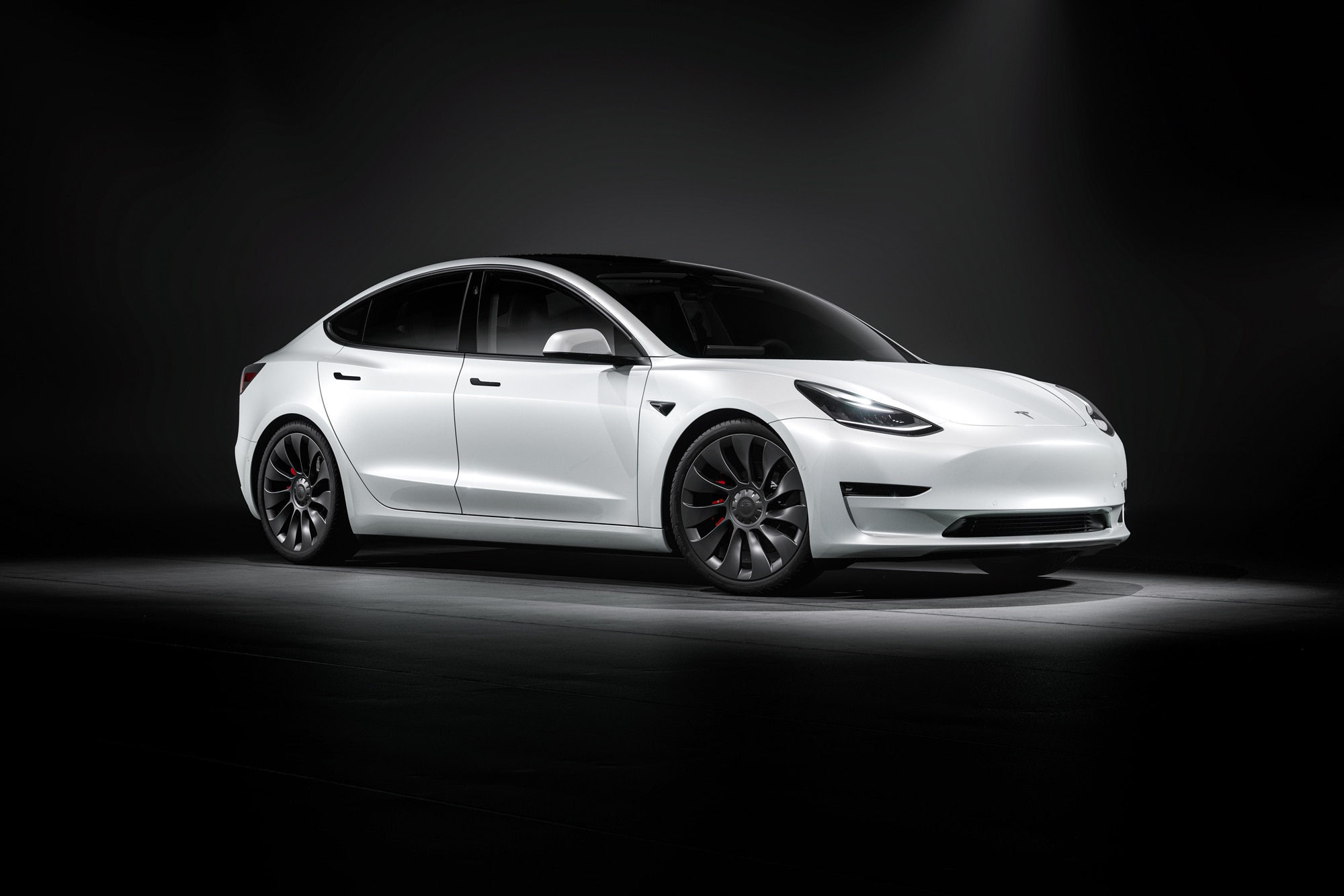Is There a Tesla Bubble?
Tesla has been a trillion-dollar EV success story. But not anymore.
 Tesla
Tesla
Tesla has become the first trillion-dollar car company in history, recording its highest profit yet, yet its 2021 profit amounted to $5.5 billion, representing less than 1% of that sky-high valuation. This would be crazy enough in a typical global economy where a far more profitable automaker such as Ford is now valued around 5% of that trillion-dollar market cap and made more than three times as much money as Tesla. But with the severe chip shortage clipping Tesla’s ability to make more cars, inflation out of control all over the world, and tech companies taking it in the chin with the NASDAQ down nearly 30% as of June this year, Tesla is finally experiencing its first down car market in over a decade.
Even though Tesla stock has been down roughly 30-40% on average in 2022 as I’m typing these words, the biggest challenges for the company are not the economy or even their production ability, which remains far below capacity.
It’s their competition.
The Porsche Taycan is Quickly Becoming the New Tesla Model S
The Volkswagen Group, which owns several automotive brands, including Audi, Bentley, Lamborghini, and Porsche, is planning to spend over $100 billion on electric vehicles over the next five years, to have 25% of their sales come directly from EVs.
EV buyers have taken notice. Witness the battery-electric Porsche Taycan, which has recently been outselling Tesla’s flagship Model S globally by a nearly 2-to-1 margin. In early 2022, investors noticed that Volkswagen stock has nearly doubled where it was during the pandemic.
Ford Has Taken the Lead in Electric Trucks
As Tesla delays the production launch of its Cybertruck for all of 2022 and perhaps beyond, the battery-electric Ford F-150 Lightning is earning a strong first-mover advantage.
Ford's battery-electric Lightning is getting phenomenal reviews that lavish it with even more virtues than internal combustion Ford’s F-150 pickup—which has already been America’s best-selling truck for 45 straight years.
While Tesla now has zero Cybertrucks to sell—and everything from functionality problems to lukewarm initial impressions that compare it to a refrigerator in person—Ford has several truck models that have registered excellent sales numbers even with the high price of gas. Ford’s compact Maverick sold out for 2022 way back in January. The mid-size Ranger has become a top-five global hit, and the full-size F-150 remains the world’s sales leader.
Tesla’s Enormous Profit Maker is About to Be Trampled
Tesla’s biggest profit maker is not a model, it’s a subsidy. Over the last two years, Tesla has sold over $3 billion in zero-emission vehicle (ZEV) credits. That amounts to nearly half of Tesla’s profits for 2020 and 2021.
As more automakers mount serious EV efforts, their need to buy Tesla's ZEV credits will fall, reducing its revenue from that part of the business.
Tesla’s Model Reach is Limited
While Tesla still leads the North American market right now, it’s a different story nearly everywhere else. Europeans buy nearly three times as many EVs (2.3 million versus 735,000 in the U.S.), and China outsells the entire planet with around 3.4 million electric vehicles sold for 2021.
With only four vehicles (and two of those, the Model S and Model X registering fewer than 25,000 vehicles sold for all of 2021), it’s hard to see where Tesla’s growth will be in the coming years.
Governments around the world have tried to make EVs profitable. And with hundreds of billions of dollars about to be invested by automakers that have survived decades of cut-throat competition, the Tesla bubble may finally be bursting into a new reality where profits and opportunities are few and far between.
Written by humans.
Edited by humans.
 Steven Lang
Steven LangSteven Lang is a special contributor to Capital One with nearly two decades of experience as an auto auctioneer, car dealer, and part owner of an auto auction. Some of the best-known auto publications turn to him for his expert insight. He is also the co-developer of the Long-Term Quality Index, a survey of vehicle reliability featuring over two million vehicles that have been inspected by professional mechanics.
Related articles
View more related articles